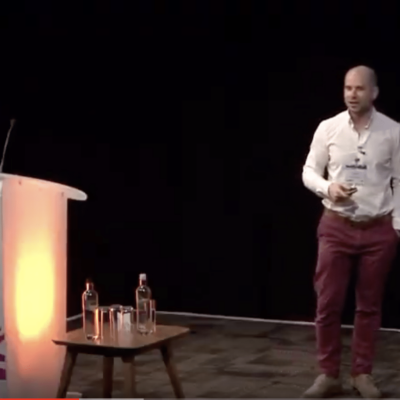I remember in 2013, as part of the NHS public health team, when we were all of a sudden part of the Local Authority public health team. It was tumultuous to say the least! One of the big differences was in the way services were to be commissioned. We went from a system we all knew and understood in the NHS to an alien and much more (ironically) clinical system of procuring services. This may have been my naivety to commissioning at the time, having only done small pieces of work then. However, many people around me felt the same.
I went and did procurement training and remember feeling completely overwhelmed, as though we had very little direct control and that if we messed up in any way it could be a huge disaster for the Local Authority, and that we would probably be sued by someone at some point. Overthinking it, maybe. But it was how we were all made to feel.
Now, public health practitioners are more used to commissioning, but many have told me that it still doesn’t provide the ‘feel for the service’ that many commissioners really want. What does ‘getting the feel for the service’ mean? They said that although they did all the work of preparing the service specification and conducting the process, it was really handled by the procurement teams and they felt disconnected and out of control when actually making the decision. They didn’t realise the full implications of how weightings, incentive payments and payments by results (all of which sound like great ideas) could drastically impact the outcomes. This left them feeling a sense of imposter syndrome throughout the process.
This is a common sentiment that we hear a lot, and it is totally OK to feel this way about this very complicated process. The problem is that it is hard to remedy because it seems like a fixed system that you as a commissioner can do little about and you don’t get a chance to become an expert due to the lack of frequency that you conduct this process, improvement is tricky. Another issue that is faced is that you can be subject to the preferences of the procurement teams, who favour specific commissioning practices over others. Having been involved in a number of tenders as a provider, I am always learning about the variances in the methodologies used and have been surprised about how much flexibility there actually is.
It is worth investing in some research into what other areas are doing in commissioning, speaking to them about how they found it, what the pro’s and con’s were. Looking at options such as competitive dialogues, with the significant time investment required from both sides for example; did that investment of time end up buying a better service. Or did that process lead to a more evolved bid and better understanding between commissioner and provider? What type of interviews have others conducted and how did this impact their scoring? Can you run a mini-project to learn from others what the common advantages and disadvantages of the various commissioning styles are?
If I were still in commissioning, I would do the following:
- Find 10 local authorities that are similar to mine
- Call them and ask to chat through the methods they used to commission their services
- Document the exact process they followed and why they did it that way
- Ask what the advantages were
- Ask what problems they faced
- Ask them off-the-record whether this (in their view) ended up getting them the best service
- Ask what they would do differently next time and if they know of any other system they liked the look of



